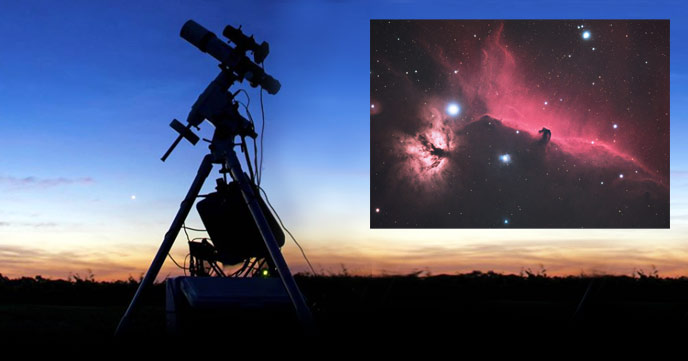

The refractor telescope requires less maintenance than a reflector telescope. Reflector and refractor telescopes also differ in the required maintenance.

Equally important in a choice of telescope type is the focal length and the resulting field of view. The main difference between refractive and reflective telescopes is that the refractor uses optical lenses, and the reflector telescope uses mirrors. Refractors generally have the edge over reflectors for a quality image, both from the standpoint of lens/mirror quality and precision optical mountings, and lack of central obscurations. Refractors don't suffer from this problem. However, at this price point, the reflector offers the larger aperture on a more reliable mount. Reflectors will be on tabletop mounts and will start at 100. While not aesthetically objectionable, it is true that any obstructions can degrade the image a little. The main difference between refractive and reflective telescopes is that the refractor uses optical lenses, and the reflector telescope uses mirrors. If you’re looking for the cheapest telescope possible, it’s likely going to be a refractor for under 100. Reflecting telescopes, with their secondary mirror (generally with mirror supports), often produce "diffraction spikes" around star images.However, the brightness of a nebula is proportional to D2/FL2 since the image of the nebula is also spread out over x and y dimensions by an amount proportional to the focal length (FL). For photographs of nebulae and galaxies, the focal ratio of the telescope is very important! The brightness of stars (point sources) is proportional to D2 (the Diameter of the telescope, and D2 is proportional to the collecting area, pi*R2).Plate scale (in arcseconds/mm) and the amount of the sky shown on your image depends only on the focal length of the telescope. Are you interested in a moderately wide field, say enough to capture the Orion nebula? Then a short focal length telescope (and correspondingly smaller plate scale) will get more of the sky onto film of a given size. Imaging quality is good, they’re easy to use and setup, and they cool almost instantly compared to reflectors.Are you interested in photographing a very faint object? Perhaps a faint Cepheid variable star? A large reflector will collect a lot more light, and the resulting small field of view is not a problem.Is a reflector better for astrophotography? Or a refractor? Well.


 0 kommentar(er)
0 kommentar(er)
